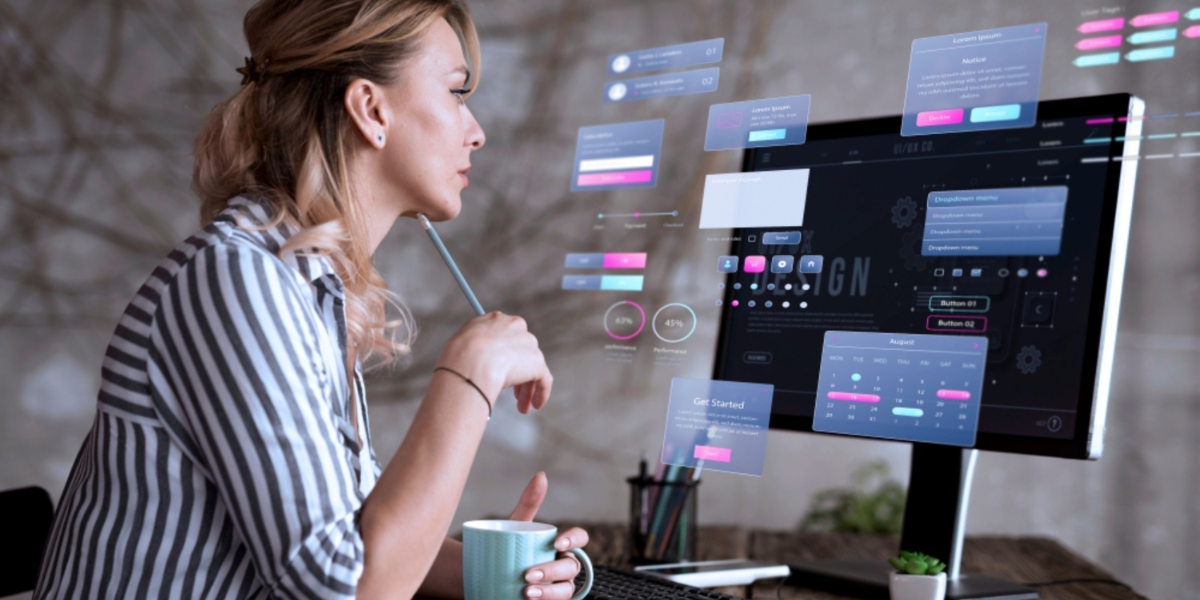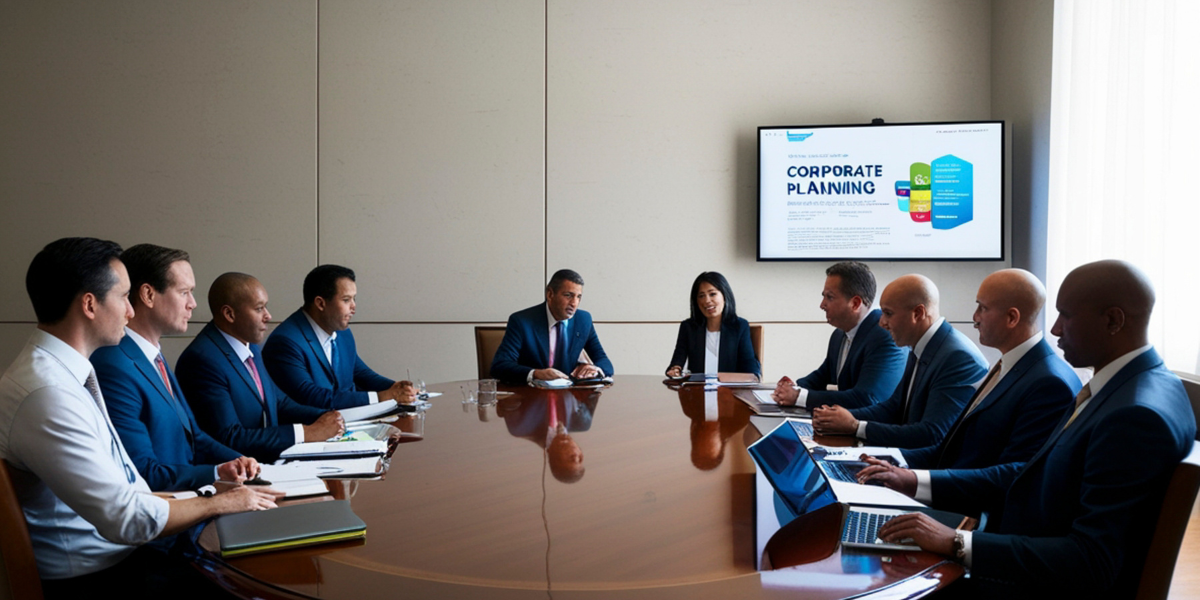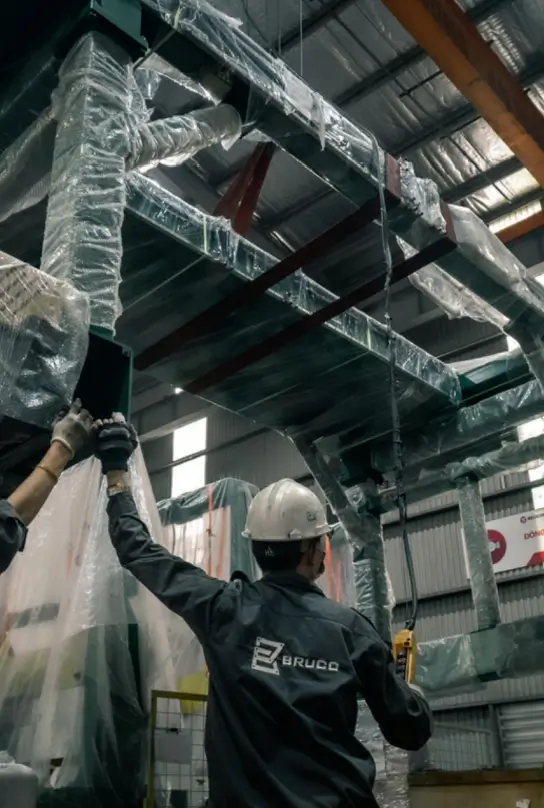Introduction on How to Prepare for an Interview
In today’s competitive job market, acing a job interview is crucial to securing your dream job. Job interviews are not only about showcasing your qualifications but also about making a lasting impression. In this article, we will explore essential tips to help you prepare for a job interview.
Research the Company and Role
Before heading to the interview, conduct in-depth research on the company and the specific role you’re applying for. It is important that you come prepared. Understanding the company culture, values, and recent achievements will demonstrate your genuine interest in the organization.

Review the Job Description. Get the Copy of your Resume Ready
Read the job description thoroughly. It will also give you insights into the skills and qualities the employer is seeking. Tailor your responses to align with the job requirements, emphasizing how your experiences make you an ideal fit for the position.
Prepare Answers for Common Interview Questions
During the interview, you’ll likely encounter common questions like:
1. Tell us about yourself?
Example Answer: I am a highly motivated individual with a strong background in marketing. I have over five years of experience working for renowned companies in the industry, where I have successfully developed and executed numerous marketing campaigns. My skills include market research, data analysis, digital marketing, and project management. I am passionate about creativity and innovation in marketing strategies, and I am excited to bring my expertise to contribute to your company’s success.
2. What are your greatest strengths?
Example Answer: One of my greatest strengths is my ability to effectively communicate and collaborate with team members. I have excellent interpersonal skills and can easily build rapport with colleagues and stakeholders. Additionally, I am highly organized and efficient in managing my workload and prioritizing tasks. I am also known for my problem-solving skills, where I am able to think analytically and come up with creative solutions to challenges. Overall, my strengths not only make me a valuable team player but also enable me to consistently deliver results.
3. What are your weaknesses?
Example Answer: One area I have been actively working on improving is my public speaking skills. While I am comfortable presenting in small groups or meetings, larger audiences can still challenge me. However, I have been taking steps to overcome this weakness by enrolling in public speaking courses and actively seeking opportunities to practice and improve. By acknowledging my weaknesses and actively working on them, I believe I can continue to grow and develop both personally and professionally.
4. Can you give an example of a time when you faced a difficult situation at work and how you resolved it?
Example Answer: One challenging situation I faced was when our team was running behind schedule on a major project due to unexpected setbacks. To resolve this, I immediately initiated a meeting with the team to identify the issues and come up with a plan to overcome them. We collectively brainstormed ideas, reassigned tasks, and set more realistic deadlines to ensure a smoother workflow. I also communicated with the project stakeholders, keeping them informed of the updated timeline and any potential impact on the final deliverables. Ultimately, we were able to successfully complete the project on time and received positive feedback from the stakeholders about our ability to handle challenges effectively.
5. Why are you interested in working for our company?
Example Answer: I have been closely following your company’s growth and achievements in the industry, and I am impressed by the innovative products and services you offer. Additionally, your company values align with my own, particularly in terms of creativity, collaboration, and a commitment to excellence. I believe that my skills and experience in marketing would be a valuable addition to your team, and I am excited about the opportunity to contribute to your continued success.
Prepare thoughtful and concise answers to common interview questions. Highlight your achievements and experiences that demonstrate your ability to handle various scenarios and work effectively with others. You can give examples of scenarios from your previous job.

Dressing for Success to Land your Dream Job. Create a Lasting First Impression
The old adage “Dress for the job you want, not the job you have” holds true for job interviews. Decoding dress codes can be tricky, so aim for professional attire that aligns with the company’s culture. When in doubt, it’s better to be slightly overdressed than underdressed.
Choose an interview outfit that makes you feel confident and comfortable and is appropriate for the interview. Remember that your appearance contributes to the first impression you make, so dress neatly and professionally.
Mastering Non-Verbal Communication
Communication is not just about words; it also involves non-verbal cues. During the interview, pay attention to your body language, as it can convey confidence and interest.
Make eye contact with the interviewer, offer a firm handshake, and sit upright with good posture. Be mindful of fidgeting or nervous gestures, as they may convey anxiety.

Practicing Interview Scenarios
Practice makes perfect, and this applies to job interviews as well. Conduct mock interviews with friends or family members, and ask for their feedback.
Rehearse your responses to common questions and practice articulating your achievements and experiences. This preparation will help you feel more comfortable and confident during the actual interview.
Highlighting Relevant Skills and Experience
When discussing your skills and achievements, focus on those that are most relevant to the job you’re applying for. Draw connections between your past experiences and how they prepare you for success in the new role.
Use specific examples to demonstrate your abilities and the impact of your work. Quantify your achievements whenever possible to showcase your contributions.
Researching the Interviewer
If you have information about the hiring manager, such as their name and role, take some time to research them on LinkedIn or the company’s website.
Finding common ground or shared interests can help you build rapport during the interview. Mentioning a mutual connection or expressing admiration for their work can leave a positive impression.

Preparing Questions for the Interviewer
At the end of the interview, the interviewer will likely ask if you have any questions for them. Take advantage of this opportunity to show your interest in the company and the role.
Ask thoughtful questions about the company’s future plans, team dynamics, or how success is measured in the position. Avoid asking questions that can be easily found on the company’s website.
Managing Interview Stress and Nervousness
Interviews can be nerve-wracking, but managing stress is essential to perform well. Practice deep breathing techniques and relaxation exercises before the interview to help calm your nerves.
Visualize yourself succeeding in the interview and receiving positive feedback. No matter how good you are, remember that it’s normal to feel some level of nervousness, and the interviewer understands this.
Reviewing the Interview Etiquette
Punctuality is crucial for interviews. Plan to arrive at least 10 to 15 minutes early to allow time for unexpected delays.
Throughout the interview, be courteous and respectful to everyone you encounter, from the receptionist to the interviewer. Treat everyone with professionalism and kindness, as they may provide feedback to the hiring team.
Following Up After the Interview. Ask the Interviewer about the Next Interview Steps
After the interview, send a thank-you email to the interviewer within 24 hours. Express your gratitude for the opportunity to interview and reiterate your interest in the position.
Keep the email concise but personalized, mentioning specific points from the interview to show that you were attentive during the conversation.
Important Interview Skills
Good communication skills: The interviewee should be able to clearly articulate their thoughts and ideas, listen actively, and ask relevant questions.
Self-awareness: The interviewee should be able to confidently and accurately communicate their strengths, weaknesses, and areas for growth to the interviewer.
Problem-solving Abilities: The interviewee should be able to think critically and provide examples of how they have solved problems or overcome challenges in the past.
Confidence and Professionalism: The interviewee should present themselves in a professional manner, demonstrate confidence in their abilities, and effectively communicate their qualifications without appearing arrogant.
Active Listening: The interviewee should actively listen to the interviewer’s questions and respond thoughtfully and appropriately.
Flexibility and Adaptability: The interviewee should be able to respond positively to unexpected questions or situations and demonstrate their ability to be flexible and adaptable in a professional setting.
Collaborative and Team-oriented: The interviewee should be able to discuss their experiences working in a team and demonstrate their ability to collaborate effectively with colleagues.
Time Management: The interviewee should be able to manage their time effectively during the interview, answering questions concisely and avoiding long-winded answers.
Interview Prep for Video Interviews
What are Video Interviews?
Video interviews are a type of job interview that is conducted remotely using video conferencing technology. In a video interview, the hiring manager and the candidate are not in the same physical location. Instead, they connect over the internet using platforms like Skype, Zoom, or Microsoft Teams.
The interview process is similar to a traditional face-to-face interview, with the main difference being the use of technology for communication. Video interviews have become increasingly popular in recent years due to their convenience and efficiency.
They allow employers to interview candidates who are located in different cities or even countries, saving time and travel expenses. Video interviews also give candidates the flexibility to schedule interviews at their convenience, eliminating the need for them to take time off work or rearrange their schedules.
Overall, video interviews have revolutionized the hiring process, making it easier for both employers and candidates to connect and evaluate each other.
Effective Video Interview Tips
1. Dress professionally: Treat a video interview just like an in-person interview and dress appropriately. This will show your professionalism and dedication to the job.
2. Choose a quiet and well-lit location: Find a quiet and well-lit area to conduct your video interview to minimize distractions and ensure your face is visible to the interviewer.
3. Test your equipment beforehand: Ensure that your webcam, microphone, and internet connection are all working properly before the interview. Test them out with a friend or family member to make sure everything is in order.
4. Be mindful of your body language: Sit up straight, maintain eye contact, and try to appear engaged and attentive during the interview. Just because you’re not physically present doesn’t mean your body language isn’t important.
5. Prepare and practice: Research the company, the role you’re applying for, and any common interview questions. Prepare thoughtful and concise answers, and practice them in front of a mirror or with a friend.
6. Minimize distractions: Close any unnecessary tabs or applications on your computer, silence your phone, and let others in your household know that you’ll be in an interview to minimize interruptions.
7. Have your resume and notes nearby: Keep a copy of your resume, the job description, and any notes or questions you have nearby. This can help you refer to specific points during the interview and demonstrate your preparedness.
8. Show enthusiasm and interest: Smile, be enthusiastic when discussing your skills and experiences, and show genuine interest in the position and company. This can help you stand out and leave a positive impression on the interviewer.
9. Practice good communication skills: Speak clearly and at an appropriate volume, and remember to pause and listen before responding. This can help ensure effective communication during the video interview.
10. Follow up with a thank-you email: After the interview, send a thank-you email expressing your appreciation for the opportunity to interview and reiterating your interest in the position. This can help leave a lasting impression on the interviewer.
Conclusion
In conclusion, getting ready for a job interview is a process that requires preparation, self-awareness, and genuine enthusiasm for the opportunity. By following the interview tips outlined in this article, you can increase your chances of making a positive and lasting impression on the interviewer.
Remember to research the company and role thoroughly, prepare your answers to common questions, and practice your interview skills through mock interviews. Dress professionally and master your non-verbal communication to project confidence and competence. Be punctual, courteous, and respectful throughout the process.
After the interview, don’t forget to send a personalized thank-you email expressing your gratitude and reiterating your interest in the position. With the right preparation and attitude, you can increase your chance to ace your next job interview.
FAQs
- How early should I arrive for the interview?
Arrive at least 10 to 15 minutes before the scheduled interview time to demonstrate punctuality and respect for the interviewer’s schedule. - Can I bring notes to the interview?
It’s acceptable to bring brief notes with key points to reference during the interview. However, avoid reading directly from them and maintain eye contact with the interviewer. - Should I send a thank-you note via email or traditional mail?
Email is the most common and efficient way to send a thank-you note after an interview. It allows for timely delivery and is more environmentally friendly. - What do I do if I don’t know the answer to a question?
If you encounter a question you’re unsure how to answer, take a moment to gather your thoughts. It’s okay to ask for clarification or offer your best response based on your experiences and knowledge. - How do I handle salary discussions during the interview?
It’s best to let the employer bring up salary discussions. If they do, be prepared to discuss your salary expectations based on industry standards and your qualifications.








